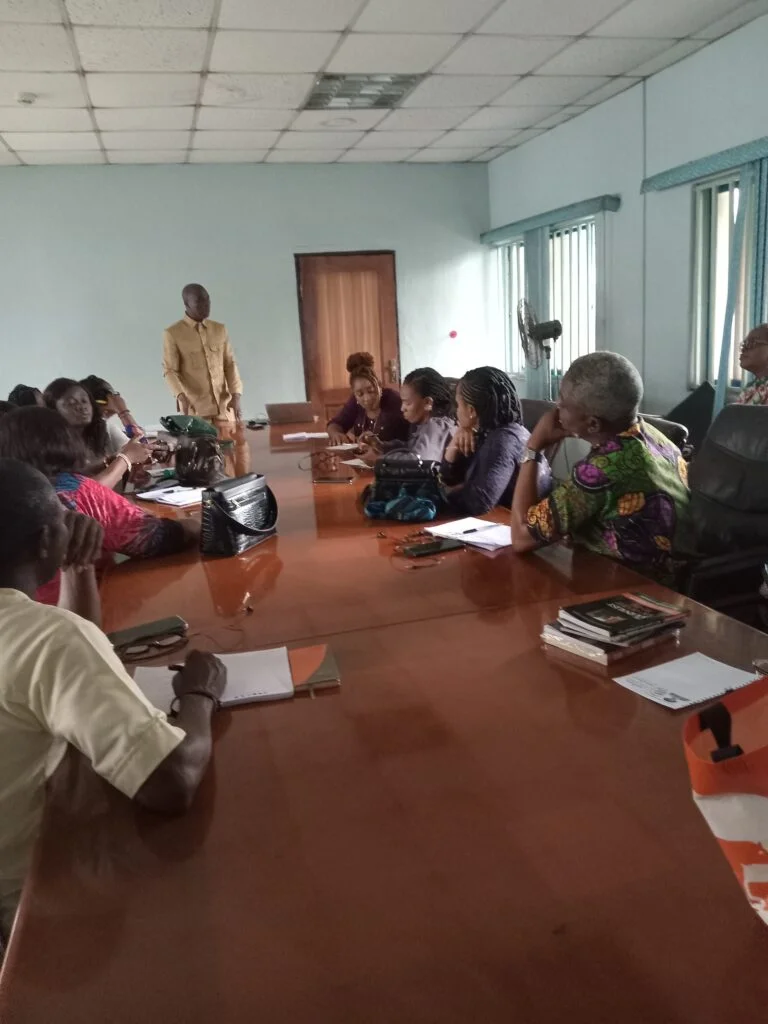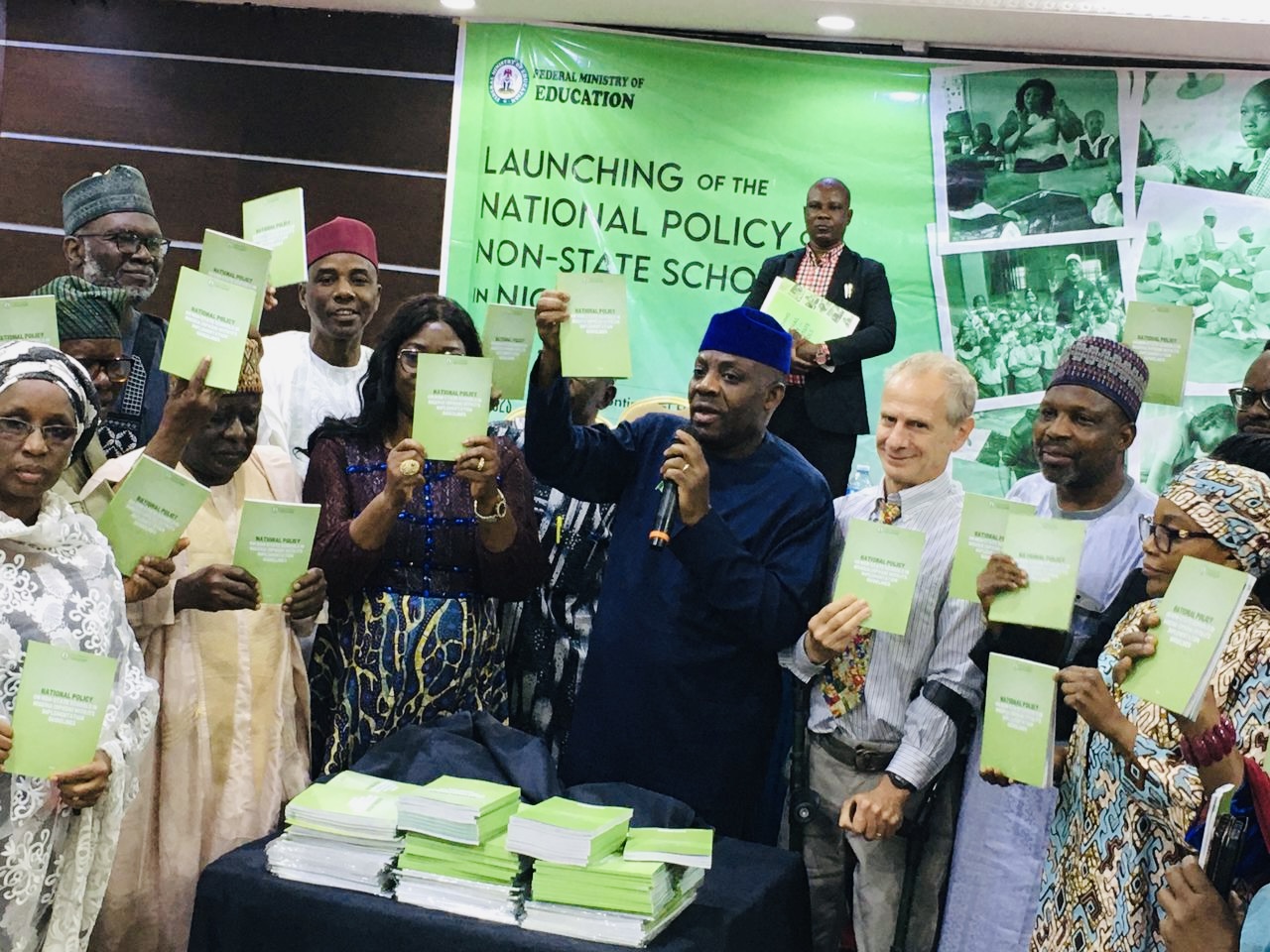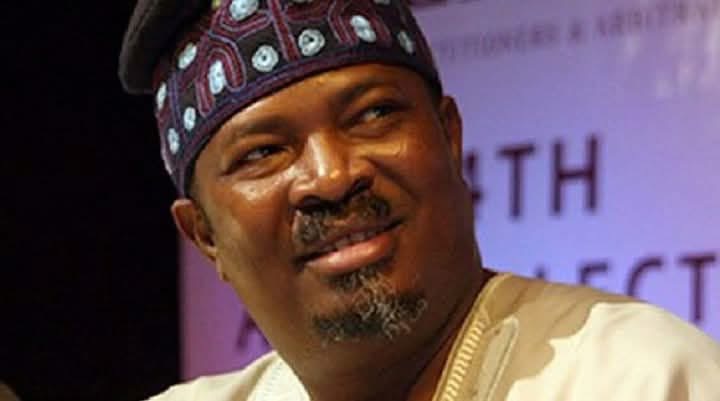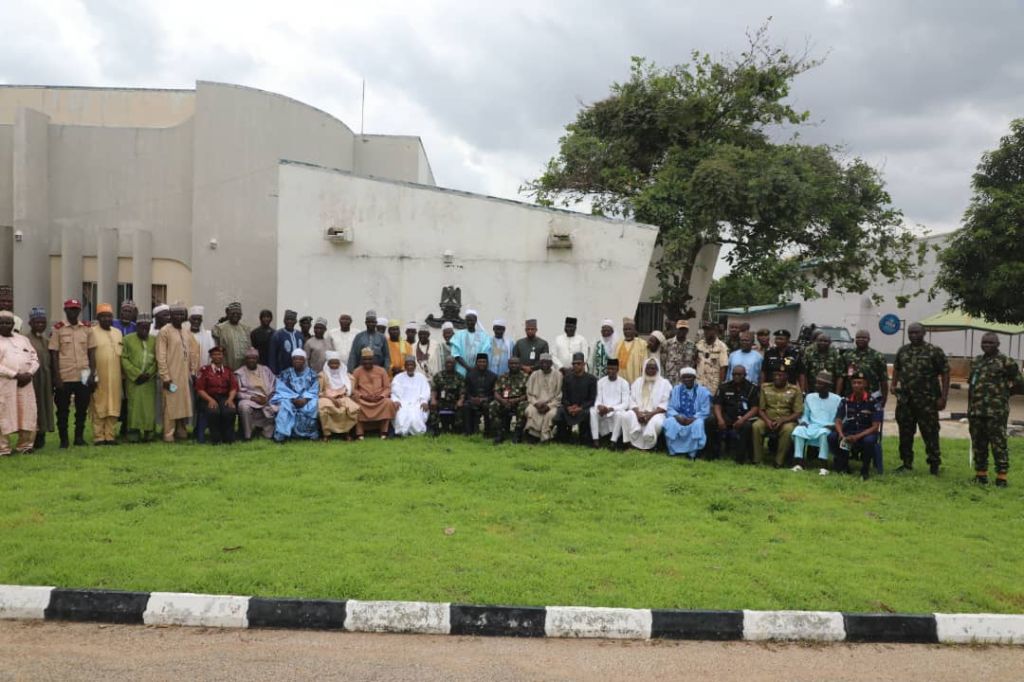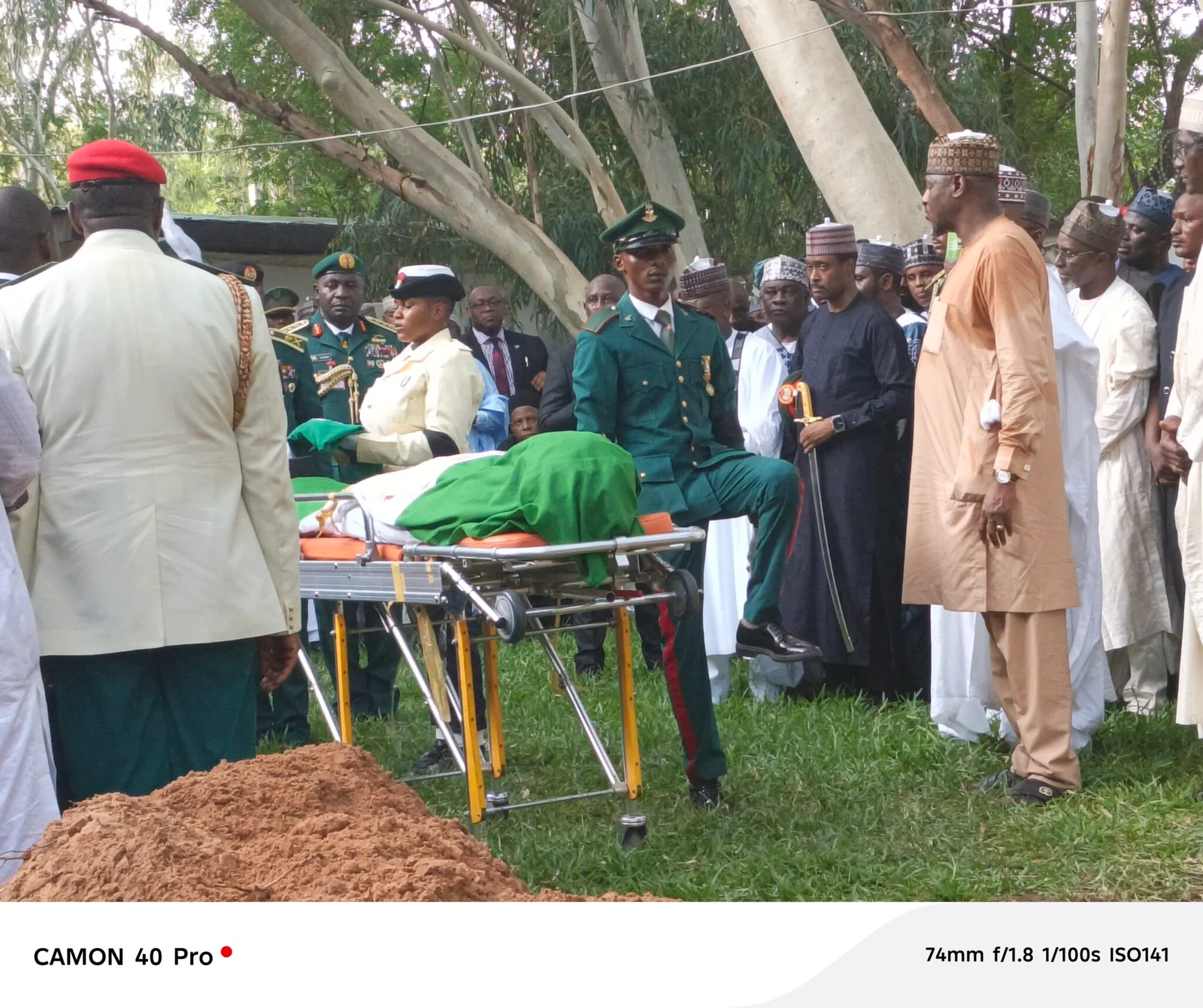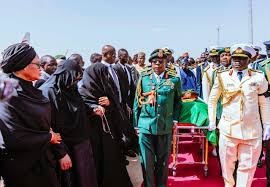Career development specialist advocates solutions journalism to rebuild media credibility
By Adekunle Williams
Journalist and media career development specialist, Mr Lekan Otufodunrin, has advocated the adoption of Solutions Journalism in newsrooms as a strategy to restore public confidence in the media.
Otufodunrin made this call on Wednesday in Lagos during a one-day step-down physical training on Solutions Journalism for reporters and editors of the News Agency of Nigeria (NAN).
Otufodunrin described solutions journalism as rigorous but rewarding, noting that its integration into newsroom practices offered multiple benefits.
“Integrating Solutions Journalism in newsrooms is not just good journalism, it’s also good business, good ethics, and good service to the public,” he said.
Otufodunrin noted that though Solutions Journalism is not a new form of journalism practice, it inspires engagement and action.
According to him, stories that highlight credible responses to social issues tend to motivate readers rather than paralyse them.
“This obviously increases audience engagement, encourages civic participation, and helps spark positive change,” he said.
Speaking earlier in his welcome address, the coordinator of the training, Mr Kevin Okunzuwa, a Deputy Editor-in-Chief at NAN, congratulated the participants for being beneficiaries of the training.
Okunzuwa said that solutions journalism “enhances public trust, unlike traditional news reporting which often focuses only on problems and can leave audiences feeling overwhelmed or cynical.
“Solutions journalism, among its many positives, restores balance by reporting not only on what’s wrong, but also on how people are effectively addressing those problems.
“This builds credibility and strengthens audience trust,” Okunzuwa said.
He noted that the reading and listening public had become fatigued by a constant stream of negative news, adding that “solutions-focused stories offer a refreshing alternative that helps combat burnout among both audiences and journalists.”
He encouraged participants to take full advantage of the training and develop the skills to identify issues that require solution-focused reporting.
Okunzuwa also expressed appreciation to the NAN management for supporting the training, and to Nigeria Health Watch for providing the resources that made the capacity-building session possible.
No fewer than 30 reporters and editors participated in the training session, which was held both physically and virtually. (NAN)(www.nannews.ng)
Edited by Kevin Okunzuwa



